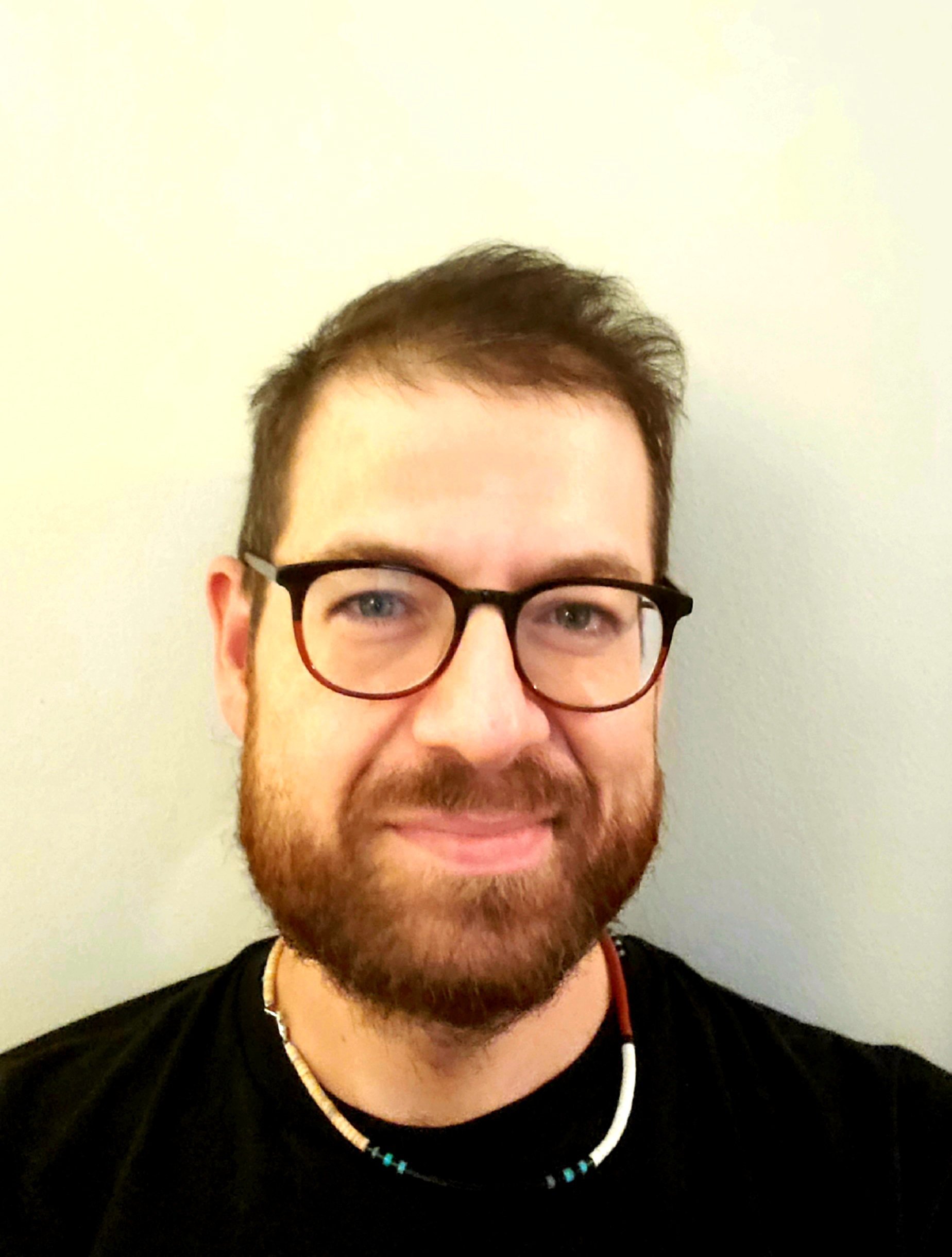Faculty Profile
Darren Lone Fight
Assistant Professor of American Studies (2020)Contact Information
Denny Hall
717-254-8105
Bio
Darren Lone Fight arrives at Dickinson from the PhD program in American Studies at the University of Massachusetts. For the last two years, Darren served as visiting faculty in the Department of Studies in Race, Colonialism, and Diaspora at Tufts University; his recent journal article in Studies in American Indian Literatures explores the political and cultural effect of Indigenous visual artists revising pop-culture iconography in their work. Darren has taught across a diverse range of institutions and organizations, ranging from research universities and small liberal arts colleges to a land conservation organization. Darren feels fortunate to have assisted his former students as a research program mentor, thesis committee member, and faculty advisor, as well as helping students publish their work, win academic awards, and organize campus events. His current work orients around ontologies of narrative and experiential reality in contemporary American Indian art and philosophy.
Education
- B.A., University of North Dakota, 2006
- M.A., University of Massachusetts, 2010
- Ph.D., 2021
